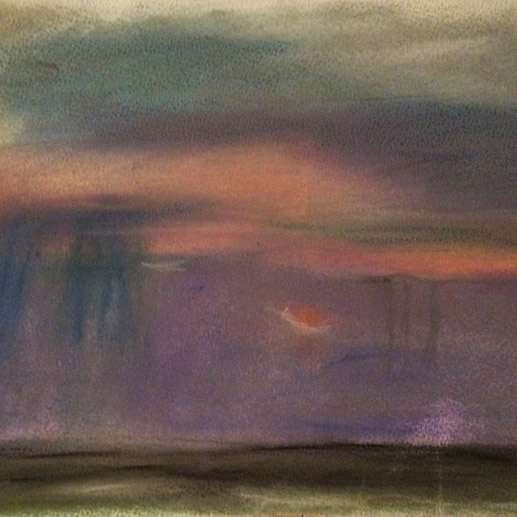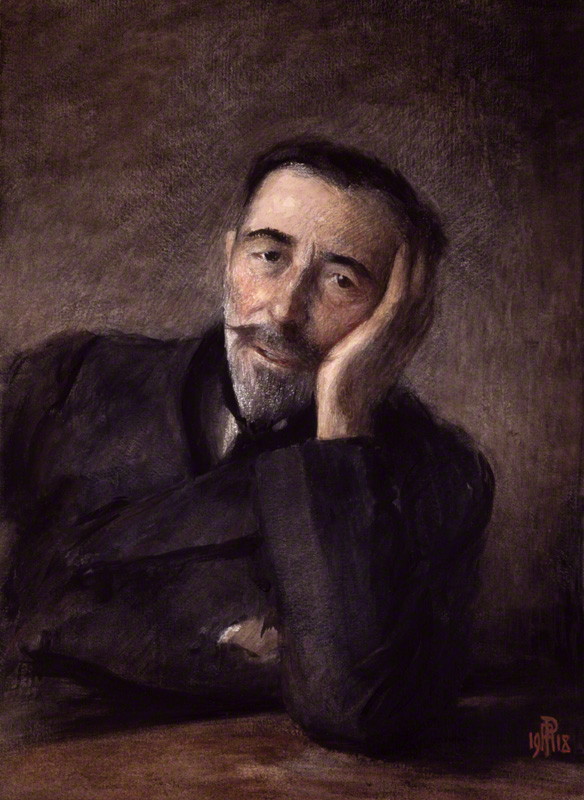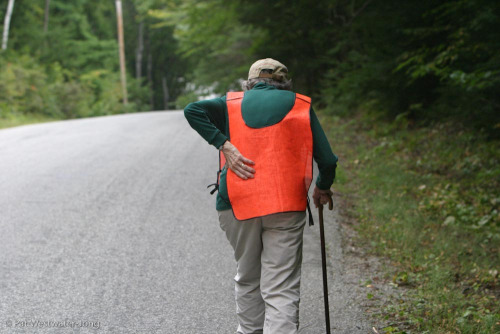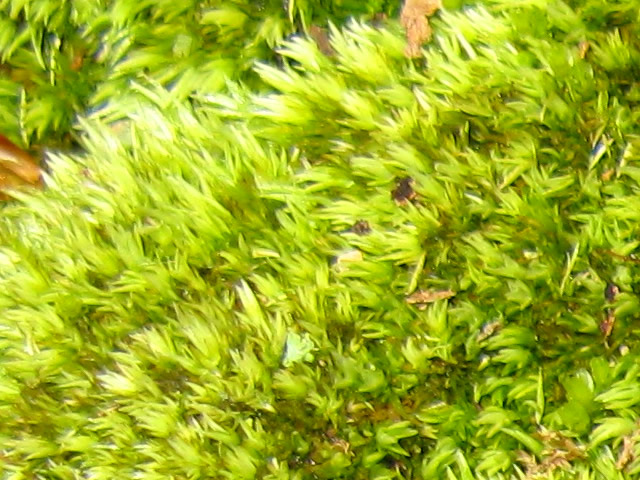1a: worthy of acceptance or belief as conforming to or based on fact <paints an authentic picture of our society> b: conforming to an original so as to reproduce essential features <an authentic reproduction of a colonial farmhouse> c: made or done the same way as an original <authentic Mexican fare>
2: not false or imitation : real, actual <an authentic cockney accent>
3: true to one’s own personality, spirit, or character <is sincere and authentic, with no pretensions>
Merriam-Webster’s Collegiate(r) Dictionary, 11th Edition (c)2016 by Merriam-Webster, Inc. (www.Merriam-Webster.com).
Practice: If you know where you stand in regard to facts, reproduction farmhouses, Mexican fare and cockney accents, consider advancing to definition 3.
It’s the hard one, requiring as it does both awareness and action, as well as a tolerance for surprise: Who knew you had it in you to do that?


 Robin Lieberman
Robin Lieberman




 Rick LePage
Rick LePage